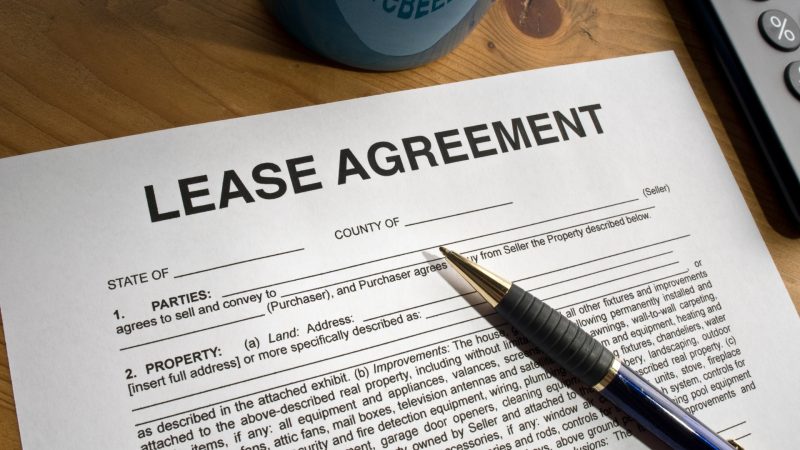Commercial real estate can be a lucrative investment opportunity for individuals and businesses alike. However, before deciding to invest in a property, it’s essential to consider whether to lease or to own is the best option. Both leasing and owning commercial real estate have their advantages and disadvantages, and in this article, we’ll explore the benefits of each approach.
Benefits of Leasing Commercial Real Estate:
- Reduced Upfront Costs: Leasing a commercial property typically requires less upfront costs than owning. Tenants are generally only responsible for the first month’s rent and a security deposit, whereas buying a property requires a significant down payment and other closing costs.
- Flexibility: Leasing allows businesses to be more flexible, as they can easily move to a different location once the lease term expires. This is particularly beneficial for businesses that are just starting or expanding and may need to relocate to accommodate growth.
- Reduced Maintenance and Repair Costs: Tenants are usually not responsible for property maintenance and repair costs, which can be substantial. Instead, landlords are responsible for the upkeep of the property, including repairs and maintenance. This allows tenants to focus on their business operations instead of property management.
- Lower Risk: Leasing commercial real estate carries less risk than owning. Tenants are not responsible for the property’s market value or resale potential, which can be affected by various factors such as changes in the local economy or industry trends.
Benefits of Owning Commercial Real Estate:
- Long-Term Investment: Owning commercial real estate can be a long-term investment that provides a stable source of passive income. Properties can be leased out to tenants, providing regular rental income that can help offset the cost of the mortgage and other expenses.
- Greater Control: Owning commercial real estate provides investors with greater control over the property. Property owners can make decisions about leasing, maintenance, and repairs, which can help maximize the property’s value and return on investment.
- Tax Benefits: Owning commercial real estate comes with several tax benefits. For example, property owners can deduct mortgage interest, property taxes, and depreciation expenses, which can significantly reduce their tax liability.
- Appreciation: Commercial real estate properties can appreciate in value over time, providing a potential opportunity for investors to earn a substantial return on investment. Appreciation can be affected by several factors, such as changes in the local economy, supply and demand, and property renovations and improvements.
Which Option is Right for You?
When deciding between leasing and owning commercial real estate, it’s essential to consider your unique circumstances and goals. For businesses that require flexibility or have limited capital, leasing may be the better option. On the other hand, for individuals and businesses looking for a long-term investment opportunity with greater control over the property, owning may be more suitable.
In conclusion, both leasing and owning commercial real estate have their advantages and disadvantages. Leasing provides flexibility, reduced upfront costs, and reduced risk, while owning offers long-term investment potential, greater control, tax benefits, and appreciation potential. Ultimately, the decision to lease or own commercial real estate will depend on your unique situation, financial goals, and risk tolerance. It’s important to carefully consider all factors before making a decision and to consult with a real estate professional to help guide you through the process.

